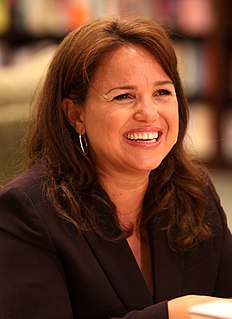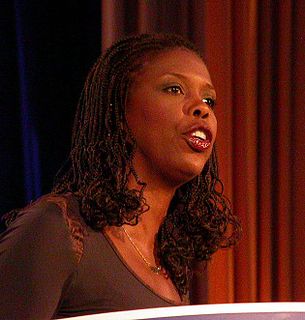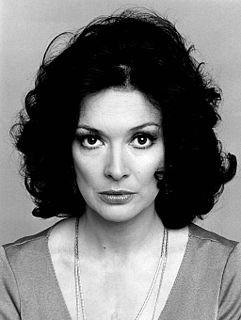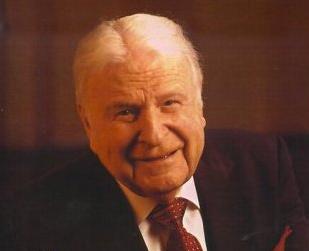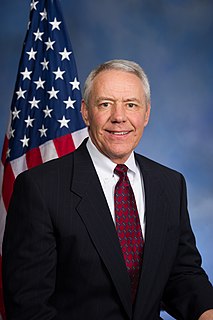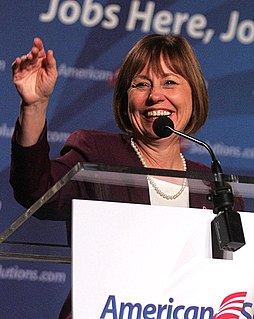1200 лучших цитат и высказываний о разделении церкви и государства
Исследуйте популярные о разделении церкви и государства .
Последнее обновление: 18 ноября 2024 г.
Полное отделение церкви от государства считалось лучшей гарантией здоровья каждого. Как объяснил [Эндрю] Джексон, отказываясь назвать день поста, он боялся «нарушить безопасность, которой сейчас пользуется религия в этой стране, в ее полном отделении от политических интересов Генерал-губернаторства».
Это правда, что традиционное христианство теряет часть своей привлекательности среди американцев, но это религиозный, а не политический вопрос. Стоит помнить, что джефферсоновская «разделительная стена» между церковью и государством всегда предназначалась для защиты церкви от государства в той же мере, в какой государство от церкви.
Отделение церкви от государства необходимо отчасти потому, что если религия хороша, то государство не должно вмешиваться в религиозное видение или в религиозного пророка. Должна быть сфера истины вне политической компетенции, вот почему должно быть разделение церквей, но если религия плоха, то плохая религия — это та, которая придает окончательную святость какому-то конкретному делу. Тогда религия не должна вмешиваться в дела государства — поэтому один из основных демократических принципов, как мы его знаем в Америке, — это отделение церкви от государства.
Сегодня разделение церкви и государства в Америке используется, чтобы заставить церковь замолчать ... То, как эта концепция используется сегодня, полностью отличается от первоначального намерения ... Сегодня она используется как ложное политическое изречение, чтобы ограничить влияние христианских идей ... Предложить государство, отделенное от религии и религиозного влияния, поразило бы отцов-основателей.
Решение о полной религиозной свободе и отделении церкви от государства в глазах остального мира было, пожалуй, самым важным решением, принятым в Новом Свете. Повсюду в западном мире 18 века церковь и государство были едины; и везде государство поддерживало устоявшуюся церковь и пыталось заставить подчиняться ее догматам.
Как известно, отделение церкви от государства обсуждению и изменению не подлежит. Согласно нашей Конституции ни одна церковь или религия не может поддерживаться правительством США. Мы поддерживаем свободу вероисповедания, чтобы американец мог либо поклоняться в церкви по своему выбору, либо вообще не ходить в церковь.
Я против всех форм контроля; Я за абсолютное невмешательство, свободную, нерегулируемую экономику. Я за отделение государства от экономики, как у нас было разделение государства и церкви, что привело к мирному сосуществованию разных религий... так же и к экономике. Если вы отделите правительство от экономики, если вы не будете регулировать производство и торговлю, у вас будет мирное сотрудничество, согласие и справедливость между людьми.
Все в Соединенных Штатах так активно поддерживают разделение между церковью и государством, в то время как реальная забота должна заключаться в сохранении разделения между корпорациями и государством, потому что в Америке (и большей части остального западного мира, если уж на то пошло) экономика - настоящая религия.
Мы должны помнить, что отделение церкви от государства никогда не должно означать отделение религиозных ценностей от жизни государственных служащих. . . Если мы, служащие сегодня свободным людям, хотим отличаться от тиранов этого века, мы должны уравновешивать силы в наших руках с Богом в наших сердцах.
Это стена разделения между церковью и государством. . . это в значительной степени ответственно за процветание религии в этой стране по сравнению с теми европейскими странами, в которых церковь и государство были объединены, что привело к оппозиции церкви со стороны тех, кто не одобряет правительство.
Капитализм — единственная система, которая может сделать свободу, индивидуальность и стремление к ценностям возможными на практике. Когда я говорю «капитализм», я имею в виду чистый, неконтролируемый, нерегулируемый капитализм laissez-faire — с разделением экономики, точно так же и по тем же причинам, что и с разделением государства и церкви.
Государственный контроль над экономикой, независимо от того, в чьих бы то ни было интересах, был источником всех зол в нашем индустриальном обществе, и решение заключается в капитализме laissez-faire, т. е. в отмене любых и всех форм вмешательства в производство и торговлю. , отделение государства от экономики, таким же образом и по тем же причинам, что и отделение церкви от государства.
Сегодня разделение церкви и государства в Америке используется, чтобы заставить церковь замолчать. Когда христиане высказываются по вопросам, гуманистическое государство и средства массовой информации кричат о том, что христианам и всем религиям запрещено говорить, поскольку существует разделение церкви и государства.
У каждого из нас есть выбор: посещать ту церковь, которую мы хотим, или вообще не посещать. Разделение церкви и государства позволяет религиям иметь свой собственный свод правил относительно того, кого они будут принимать, а кого нет, а также какие практики они поддерживают, а какие нет. Они по-прежнему смогут это делать.
